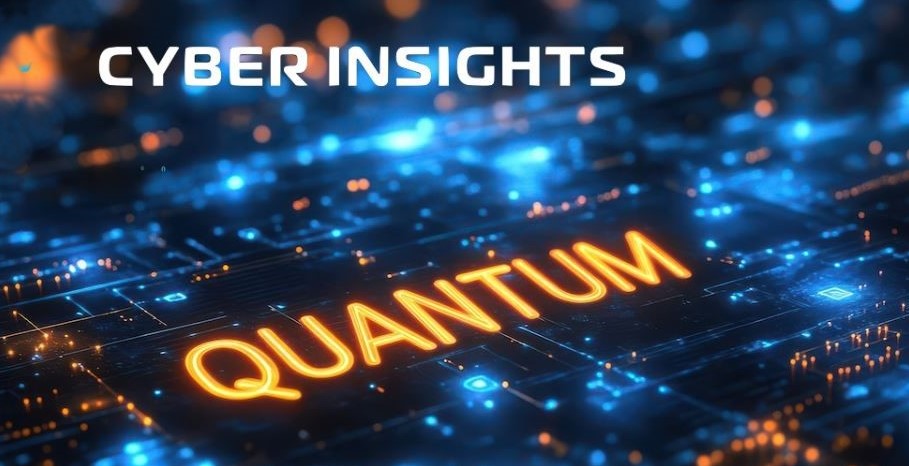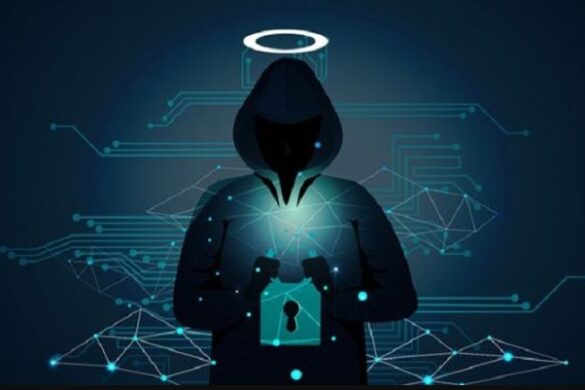As technology evolves, so do cyber threats. Traditional cybersecurity has long relied on mathematical algorithms to protect data. However, the rise of quantum computing is forcing experts to rethink digital defense. This is where quantum security comes into play. But what are the real differences between quantum security and traditional cybersecurity, and why does it matter?
What Is Traditional Cybersecurity?
Definition
Traditional cybersecurity is based on protecting data with encryption methods such as RSA, AES, and ECC. These methods rely on the difficulty of solving mathematical problems.
How It Works
-
Encryption: Data is locked using algorithms that require a secret key to decrypt.
-
Authentication: Digital certificates verify identities.
-
Firewalls & Antivirus: Protect networks from malware and intrusions.
Strengths
-
Well-established, widely deployed.
-
Strong protection against classical computing attacks.
-
Cost-effective and easy to implement.
Weaknesses
-
Vulnerable to quantum algorithms like Shor’s algorithm.
-
Long-term security is uncertain as quantum computers advance.
What Is Quantum Security?
Definition
Quantum security leverages the principles of quantum mechanics—such as superposition and entanglement—to create security systems that are virtually impossible to hack.
How It Works
-
Quantum Key Distribution (QKD): Uses photons to generate unbreakable keys. Any attempt to intercept alters the quantum state, alerting users.
-
Quantum Random Number Generation (QRNG): Produces truly random numbers for secure encryption.
Strengths
-
Resistant to both classical and quantum computer attacks.
-
Eavesdropping detection built into the system.
-
Future-proof data protection.
Weaknesses
-
High cost of implementation.
-
Requires specialized hardware and infrastructure.
-
Still in early stages of deployment.
Quantum Security vs. Traditional Cybersecurity: Key Differences
Basis of Security
-
Traditional: Relies on mathematical complexity.
-
Quantum: Relies on the laws of physics.
Resistance to Quantum Attacks
-
Traditional: Vulnerable to quantum algorithms.
-
Quantum: Designed to withstand quantum computing threats.
Infrastructure
-
Traditional: Works with existing digital systems.
-
Quantum: Requires specialized quantum devices (e.g., photon detectors, fiber optics).
Cost
-
Traditional: Cost-effective, already deployed globally.
-
Quantum: Expensive and limited in accessibility today.
Maturity
-
Traditional: Mature and widely used.
-
Quantum: Emerging technology, still being tested.
Benefits of Combining Both Approaches
The future of cybersecurity may not be about choosing between traditional or quantum, but integrating them:
-
Post-Quantum Cryptography (PQC) allows traditional systems to resist quantum attacks without requiring quantum hardware.
-
Hybrid Solutions combine classical encryption with quantum methods for layered defense.
Real-World Applications
Traditional Cybersecurity Today
-
Online banking, e-commerce, and cloud services.
-
Firewalls, intrusion detection, and antivirus systems.
Quantum Security Emerging Uses
-
Governments securing classified communication.
-
Financial institutions exploring QKD for transaction security.
-
Telecom companies building quantum communication networks.
Conclusion: The Future of Cyber Defense
So, quantum security vs. traditional cybersecurity—what’s the difference? Traditional methods are reliable today but vulnerable to the coming quantum era. Quantum security offers future-proof solutions but faces challenges in cost and scalability.
The most likely future is a hybrid approach, where traditional cybersecurity evolves with post-quantum cryptography, and quantum technologies gradually take over critical sectors. Organizations that prepare early for this transition will be best equipped to secure their data in the quantum age.





